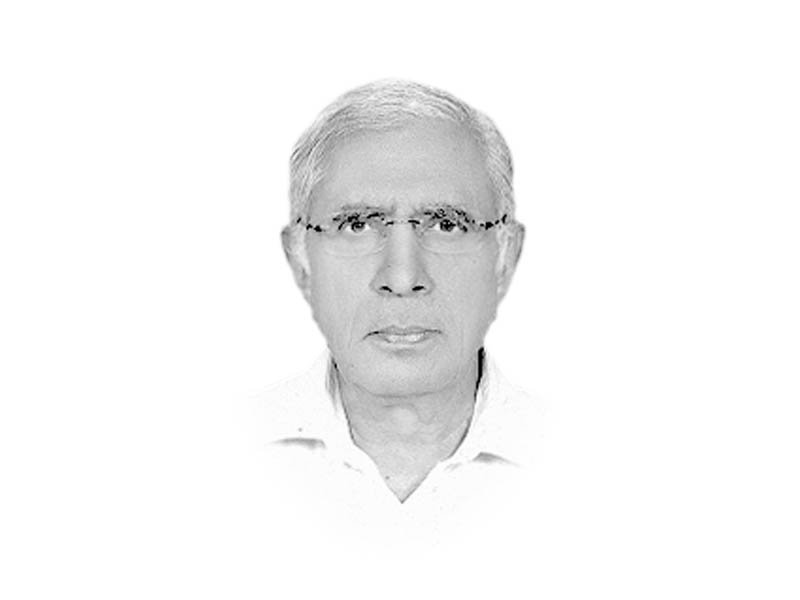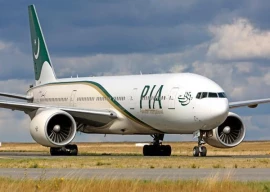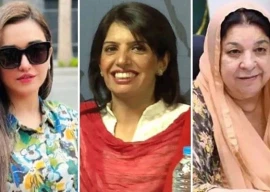
New Delhi has consistently refused to accept India-Occupied Kashmir (IOK) as a disputed territory. If at all, it wants Pakistan to hand over Azad Jammu & Kashmir which it has continued to claim as India’s integral part occupied by Pakistan. Islamabad on its part has consistently refused to accept the Indian claim and has since the very inception of the country been trying to get back, one way or the other, the part under Indian occupation. It has fought two and a half inconclusive wars against India for the purpose. In the decade of 1990s, Pakistani none-state actors had tried to join the then ongoing intifada inside IOK to tilt the balance against the occupying Indian troops. But after the ignominious exposure of the actual situation following the Kargil misadventure of the military dictator General Musharraf, Pakistan seemed to have lost its Kashmir case in the eyes of the world which by then had become enamoured of the huge Indian market and its expanding economy. And at about the same time Pakistan, the Cold War’s most allied ally of the US, found itself on the other side of the fence with Washington entering into strategic partnership with a nuclear India.
India has a serious political problem in IOK, and Pakistan on its part has tried to present the issue as an international dispute. Neither has, following their respective Kashmir policies, succeeded in bringing peace to the Kashmiris who have continued to suffer. And if the two continue to do for the next 71 years what each has been doing in this regard over the last 71 years, they would perhaps finally succeed in turning Kashmir into a vast graveyard without a single living soul left to pray at the graves.
India needs to talk to the people of IOK because without first politically conceding their demands, New Delhi is not likely to bring to an end the ongoing violence in the valley. IOK is not an integral part of India if one were to study the Indian Constitution, especially its Article 370 which sets IOK apart from the other states in the Indian Union. This special status of IOK cannot be changed unless the occupied Kashmir’s assembly passes a resolution to the effect. So far no government in New Delhi has succeeded in getting enough votes in the state assembly to get the resolution passed. The BJP had almost succeeded as it bagged just about the required number in the last election, but fell short by a few votes. Since then, Prime Minister Modi is trying to change the demography of the valley which has infuriated the Kashmiri youth causing them to opt for suicide bombing.
Not that the two countries had not entered into negotiations to resolve the dispute in the past. They had done that on innumerable occasions, but only to return to eyeball-to-eyeball confrontation at the conclusion of each such failed attempt. The main reason why these negotiations had failed to achieve what is called a peaceful settlement is that the two negotiating parties had entered the talks with the sole objective of winning what each could not achieve on the battleground. The two never approached the talks in the spirit of give and take which is what is expected of the two parties negotiating a bilateral dispute. Next time, if the two do enter into bilateral negotiation, each needs to approach the talks table with what is the minimum it can concede in return for what is the maximum it needs to save in the trade-off.
Published in The Express Tribune, February 23rd, 2019.
Like Opinion & Editorial on Facebook, follow @ETOpEd on Twitter to receive all updates on all our daily pieces.












COMMENTS
Comments are moderated and generally will be posted if they are on-topic and not abusive.
For more information, please see our Comments FAQ